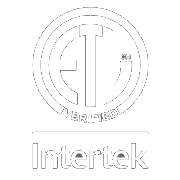BLOG CATEGORIES
Elevator Phone Line Sharing Done Right
If you are tempted to cut your elevator phone costs by practicing line sharing, know that there is a right and wrong way to do so. This blog highlights how to share elevator phone lines while remaining code compliant.
Elevator phone codes, like most building and other codes which must be complied with, are sometimes perceived as the property manager’s and/or elevator maintenance company’s enemy. At the very least, an additional hassle. In fact, these codes ensure client and resident safety and, when complied with, help alleviate the property’s liability. In other words- you guessed it- they’re important! When it comes to these codes, some property managers struggle especially with which phone line to use that won’t be a hassle or cost them a ton of money. Many property managers opt for phone line sharing. If done right, this is a great and cost effective way to comply to code. However, there is common mis-practice in elevator phone line sharing and when done the wrong way, property managers not only do not meet code, but they are putting their occupants at risk. Let’s discuss.
Find out how to improve safety and reduce costs at your property
Our best-in-class emergency phone + monitoring solutions provide peace of mind and are backed by decades of expertise
Learn More
2022 ELLIES WINNER
Best Supplier -
Communication System
Elevator Phone Line Sharing the Wrong Way
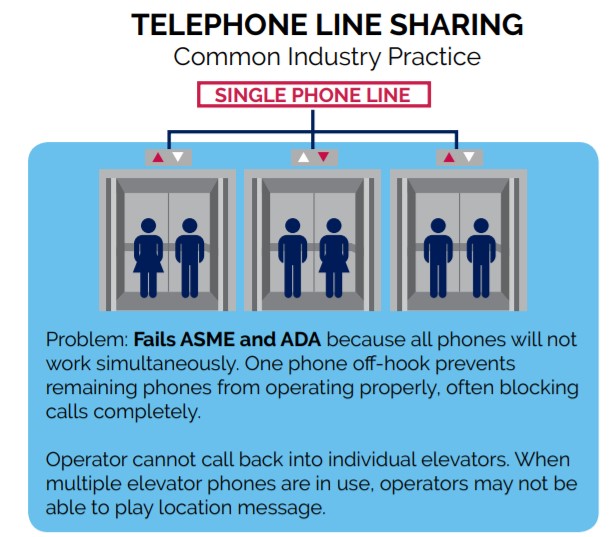
If you have more than one elevator phone on your property, the thing that you DON’T want to do is connect multiple phones to one single phone line. Many property managers do this because of the perceived cost savings, but in turn, they are sacrificing reliable performance and not meeting code, therefore putting risk and liability on their shoulders. Activating elevator phone lines this way causes major issues because it can block other emergency calls and cause already connected calls to disconnect, defeating the purpose of providing people with immediate and reliable help in the event of an emergency. Also, because all phones share the same line and calls can be interrupted, this type of elevator line sharing can prevent the retrieval of location information. Not only is this required by ADA, but knowing the location and the affected elevator cab is pertinent to the rescue of a stuck individual. Most importantly, when line sharing this way, one single malfunctioning phone can cause any other phones that are attached to the same line to malfunction as well, rendering all emergency phones useless. This is a huge problem.
Elevator Phone Sharing the Right Way
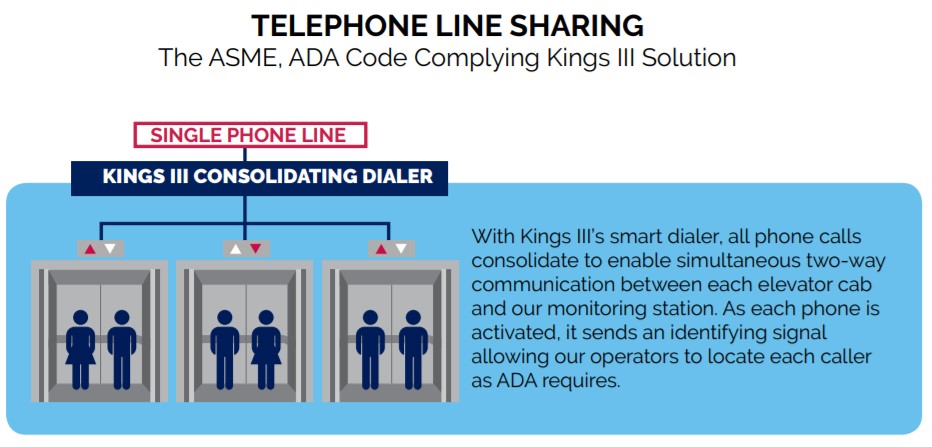
Luckily, there is a way to potentially cut costs via line sharing that is not problematic and does comply to code. Proper line sharing requires a consolidation unit. This allows multiple emergency phones to share a single phone line with the ability to function all at once, solving the blocked calls issue that we had with the previously mentioned line sharing technique. Some companies, including Kings III, offer a piece of hardware called a consolidating dialer. This allows each elevator phone to temporarily take over an existing phone line, such as a fax line, as needed through a process called line seizure. The elevator phone will maintain control of the line just long enough to complete the emergency call at hand, all the while ensuring that all codes are met. All individual elevator phones party-line together, which allows two-way communication between whoever monitors the elevator phone (another major consideration if you have elevators on your property) and that particular elevator cab, and it sends a signal that allows those monitoring to locate each caller as well as the ability to call back into the elevator, solving those ADA code compliance issues mentioned above.
See? Elevator phone code compliance doesn’t have to be all that bad. With a simple technique, you achieve the same convenience and cost-cutting of line sharing and still remain up to code, taking that extra liability off of your plate. For an in-depth look at elevator emergency communication code compliance, download our guide here. For more information on Kings III Emergency Communications, visit www.kingsiii.com.
CATEGORIES TAGGED
ELEVATORS
PROPERTY SAFETY
CATEGORIES
KEEP LEARNING

2024 Brings Increased Adoption of Codes Requiring Video and Two-Way Messaging for Elevator Communications
As 2024 progresses, the adoption of safety codes mandating video and two-way messaging capabilities for elevator communications is gaining momentum across the United States.

What an Emergency Dispatcher will Most Likely Ask You
When suddenly faced with an emergency, you may immediately feel frightened and helpless. An emergency communications system can help reduce or eliminate those reactions by providing immediate assistance. Here's what you can expect on the other side of a call you place from an emergency phone.

Kings III Makes The Dallas Morning News Top 100 Places to Work List Becoming a 4x Winner
We're honored to be recognized by our employees and The Dallas Morning News by making the daily newspaper’s Top 100 Places to Work list for the 4th year in a row, falling in at 26th in the midsize companies category.
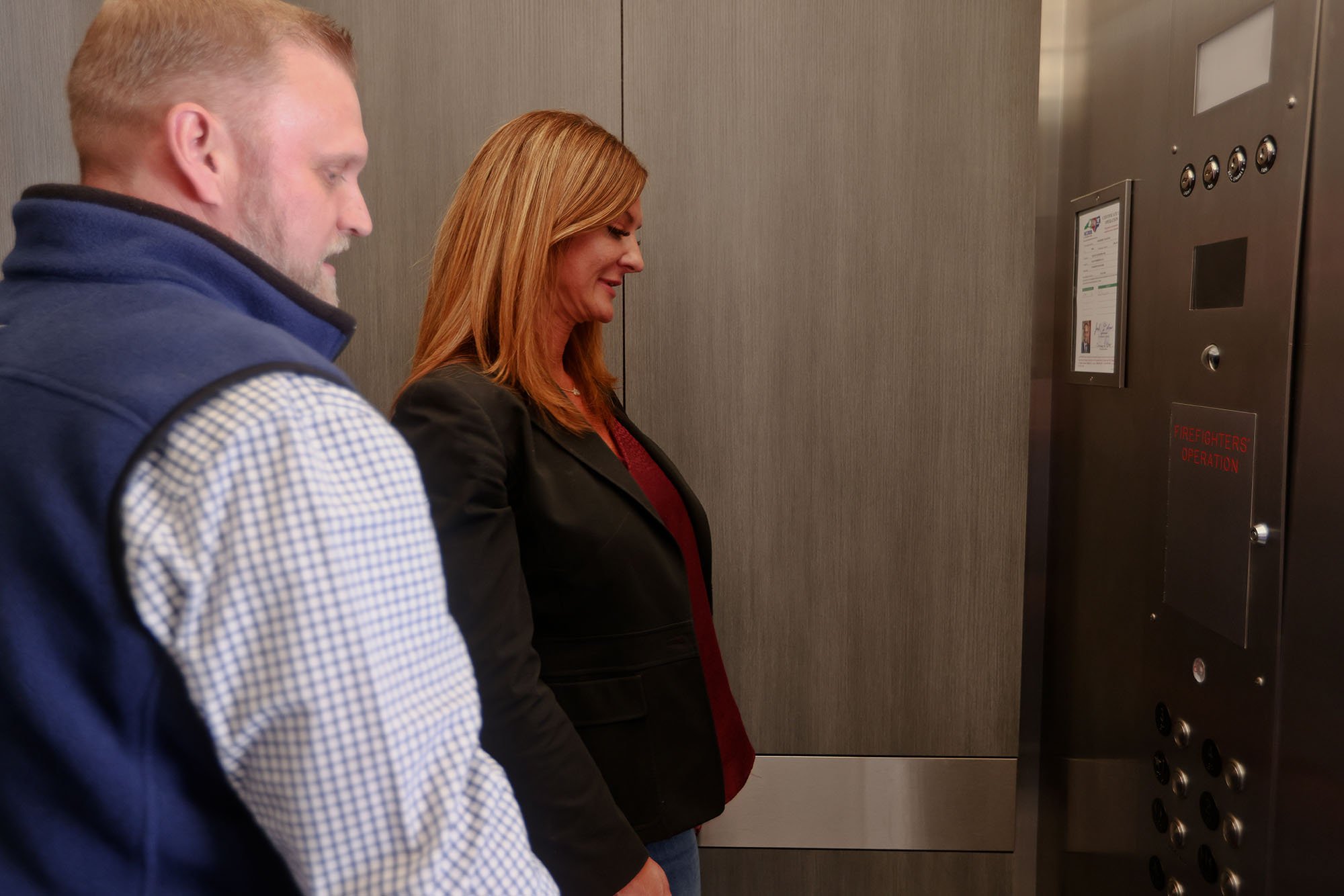
January 2024 Elevator Code Updates in Florida
Florida property managers have finally completed DLM requirements in their elevators (hopefully). But wait, there's more! Florida will adopt ASME 2019 starting January 1, 2024. Learn what this means, how you can comply, and get guidance from our code experts.
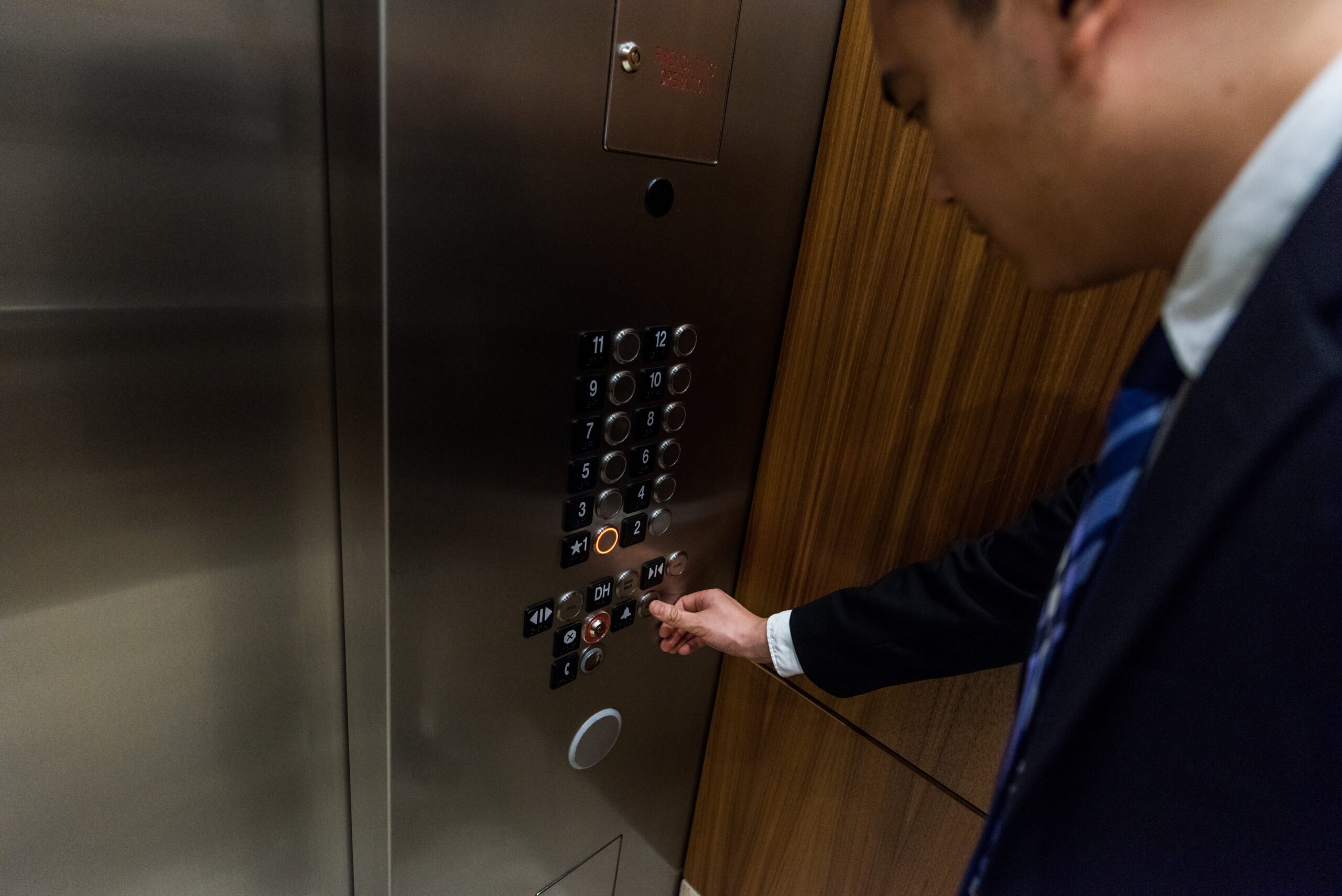
Survey Reveals Gaps in Building Emergency Communications Plans
A recent survey of property management professionals revealed that while more than 60 percent of respondents were aware that telecom companies are phasing out POTS (Plain Old Telephone Service, also known as analog copper land lines), nearly half reported their elevator emergency communication systems are still based on this endangered technology.

Successful Hotel CO Inspections
A CO is a vital requirement before opening your new-build/renovated hotel. One area we often see overlooked within the process is telecommunications. To help get you started, we’ve compiled a checklist of key telecom-specific items to consider that may be subject to inspection.
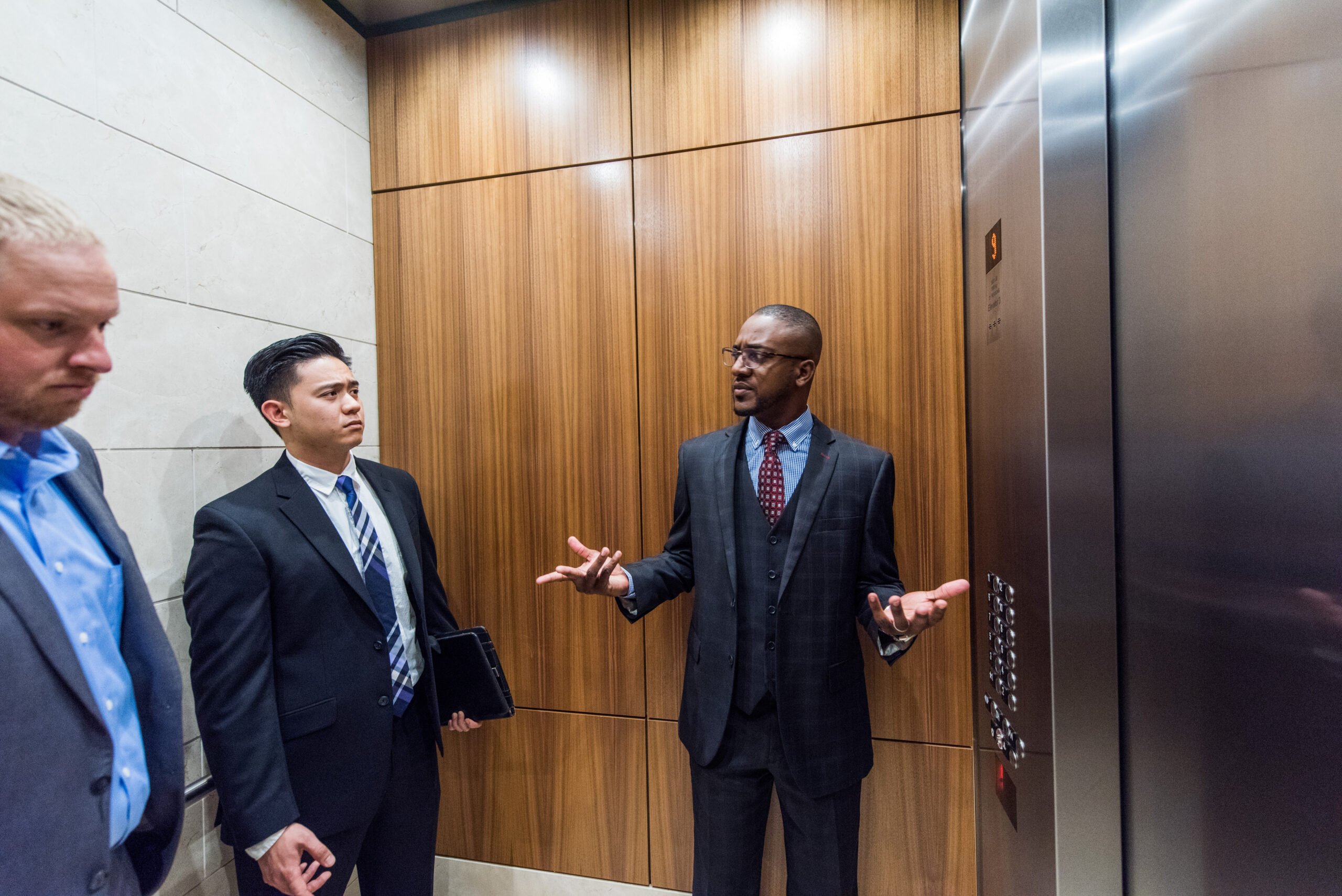
How is Elevator Liability Defined?
One of a building owner’s worst nightmares: a passenger gets into an elevator in perfect health but ends the ride with a serious physical or psychological injury. Thankfully, this is an extremely rare scenario, but all those involved in building management should know exactly how to define elevator liability and take action if an incident occurs.
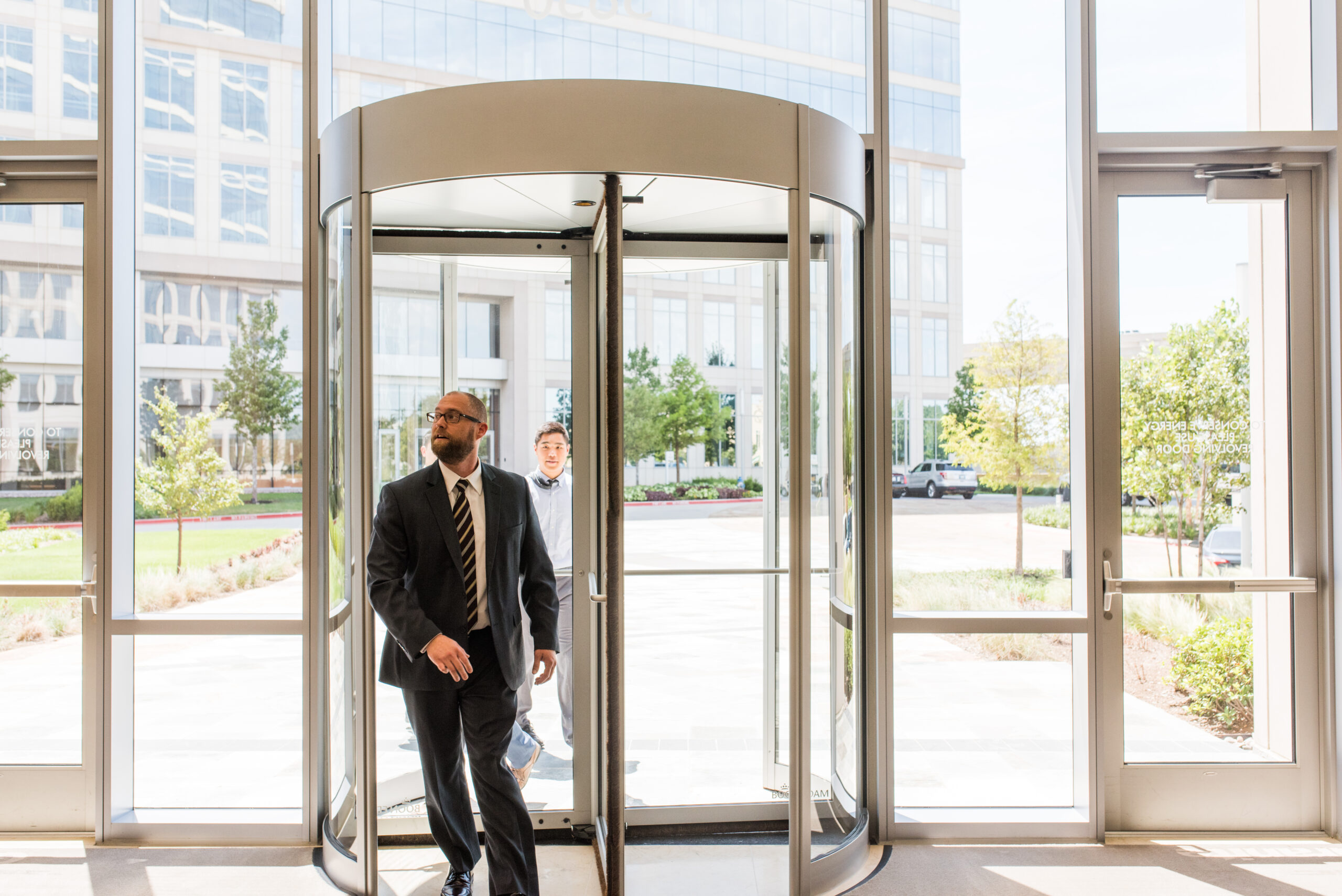
How is Your Premise Liability Law IQ?
A premises liability lawsuit holds a property owner responsible for any damages arising out of an injury on that person or entity's property. Keeping your property safe is, therefore, your number-one priority. Here's exactly what you need to know.

Kings III of America Announces CEO Transition
Kings III today announced that as part of a thoughtful succession process, Dennis Mason will be stepping down as Chief Executive Officer and transitioning to Senior Advisor. Norm Nelson, who has served as Chief Operating Officer since 2018, will succeed Mr. Mason as CEO.


